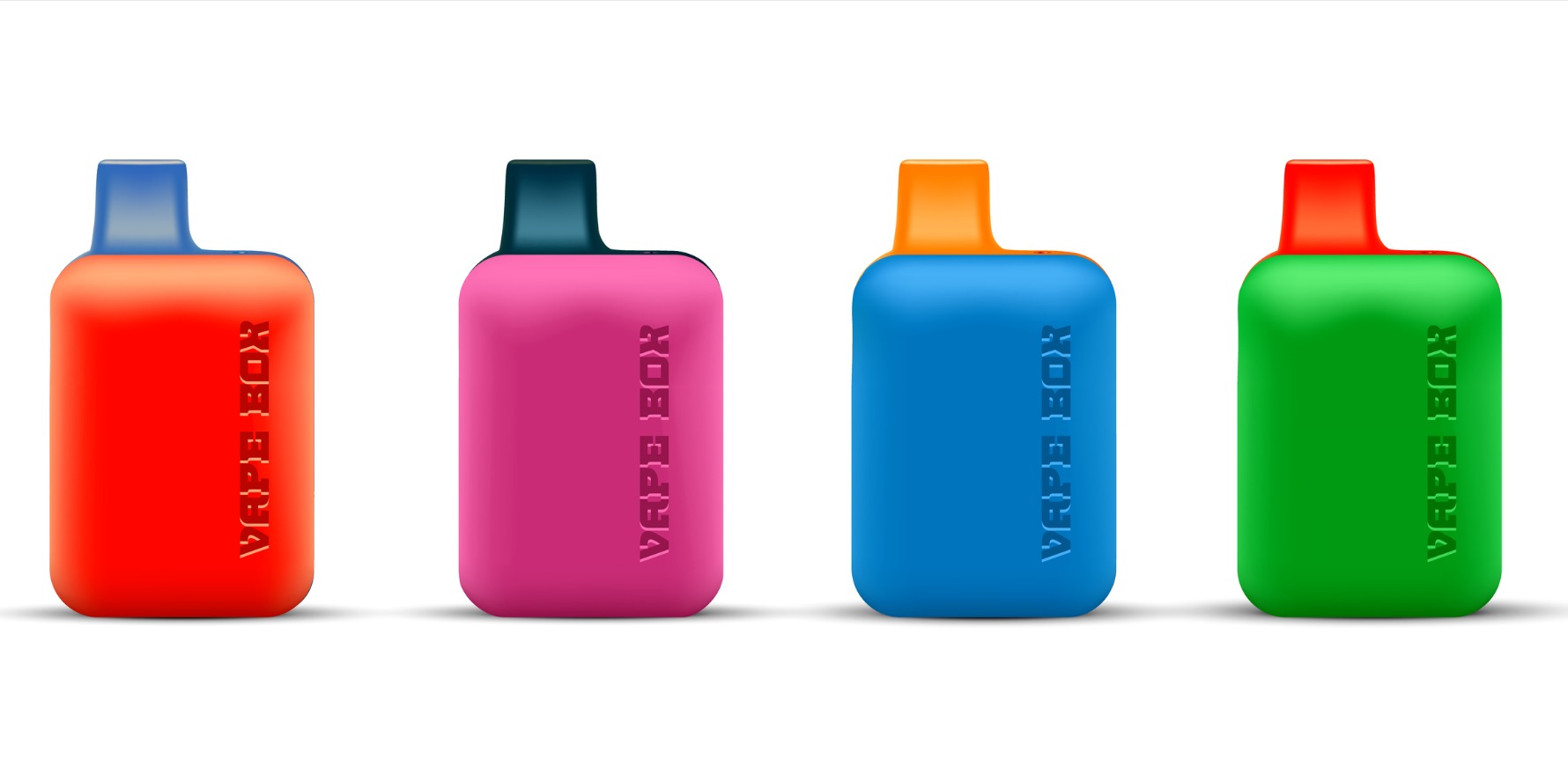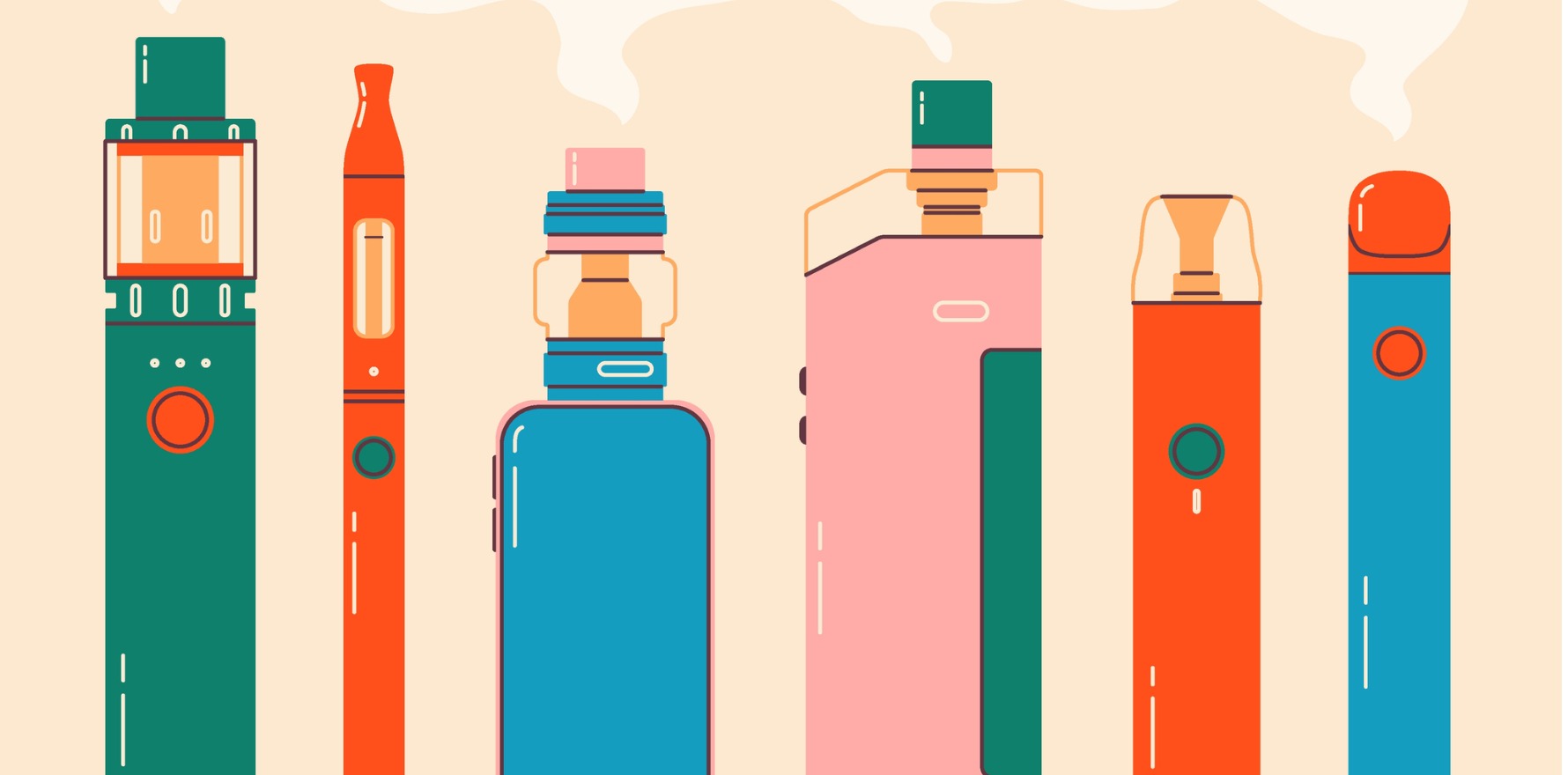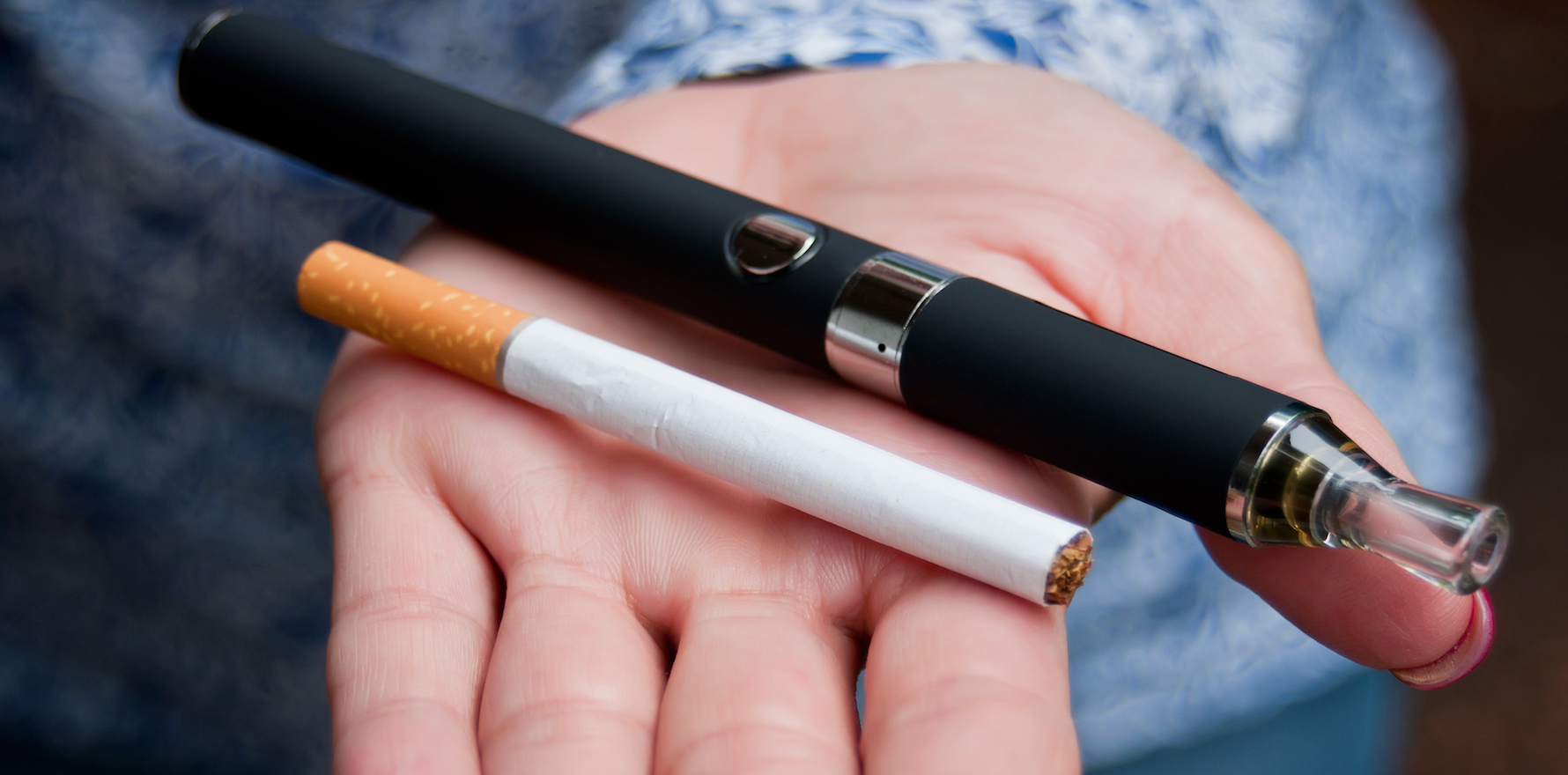Vapes will be available in over the counter from October 1, but not everyone is happy to sell them.
Adults will be able to buy e-cigarettes over the counter in pharmacies next week under reforms to vaping laws.
The federal government’s “vape ban” came into effect from 1 July, only allowing vapes to be sold in chemists to patients with a prescription.
But from 1 October, vapes containing nicotine can legally be sold in Australian pharmacies to anyone over 18, as well as to people under 18 if they have a prescription. The new rule applies to all states and territories except Tasmania, where customers will need a prescription.
Under changes to the Therapeutic Goods and Other Legislation Amendment (Vaping Reforms) Bill 2024 in June, vapes containing nicotine will be downgraded from schedule 4 (prescription only) to schedule 3 (pharmacist only).
From 1 October, vapes can legally be sold in pharmacies if they come in plain packaging and have menthol, mint or tobacco flavours.
Associate Professor Becky Freeman from University of Sydney’s faculty of medicine and health said reducing easy access to vapes was essential to protecting young people from lifelong nicotine addiction.
“Having vapes behind the counter in pharmacies is a vast improvement on the open sale in convenience stores and petrol stations.
“The vaping products available in pharmacies won’t come in sparkly packaging and fruity flavours but will only be sold to adults using them to quit smoking.
“Ensuring that pharmacies only sell vapes as the laws intends and are not vulnerable to tobacco industry influences will be key to the success.”
But respiratory researcher Professor Brian Oliver said the move will make it easier to obtain vapes.
Related
“People who haven’t vaped before or people who should be quitting vaping now have easier access to vaping,” said Professor Oliver, head of the respiratory cellular and molecular biology group at the Woolcock Institute of Medical Research.
“I don’t think there’s any proven benefits of vaping so I really don’t see why we should be doing this.”
Professor Oliver said the argument in favour of vaping as a smoking cessation aid came from a study comparing nicotine patches to vaping.
“At the end of that study, which took a year, they showed that twice the number of people had quit cigarettes when they compared vaping to patches, but … at the end of that year, the people that were vaping continued to vape, and the people that were using the patches were free from nicotine.
“The pro-vaping lobby say that that’s a good example of how you get people off cigarettes, but to me it’s a very good example of how you switch one form of nicotine addiction to another.”
Professor Oliver questioned how busy pharmacists would have time to counsel customers on smoking cessation and whether they would need to ask for proof of age.
“It’s going to be incredibly interesting looking at which pharmacies choose to stock vapes. It’s making their jobs somewhat more difficult.”
Meanwhile, illegal vapes were still freely available, Professor Oliver said. “Illegal vapes cost about $50 for a machine, and that lasts a month. So if it turns out that the price point is higher within a pharmacy, then people are not going to buy them legally just purely based on price.
“If there’s a prescription being given and there’s a medical practitioner involved, then you could down-titrate the amount of vaping and maybe get people off vapes altogether.
“But you remove that, I’m sure what’s going to happen is if people don’t get what they want from one pharmacy, they will just go to another one.
“From a legislation point of view, I’m not really sure who’s going to be liable in the future.
“If someone starts buying vapes from a pharmacy and then develops a lung disease, who is actually liable for that? It’s quite a dangerous thing to offer.”
Professor Oliver said the first mistake was allowing vapes to come into Australia in the first place.
“If we’d managed to get on top of it right from the start, we wouldn’t be where we are now, and there wouldn’t be so many people addicted.
“I don’t think it would be very popular, but I think the best thing to do would be to ban vapes altogether.
“I think if we’re banning vapes, we ought to ban cigarettes and just bite the bullet.
“But any government that bans cigarettes is never going to be voted in. It would be like trying to ban alcohol.
“I don’t think they’re willing to do something quite so bold because of the direct repercussion on votes.”
Professor Oliver said studies in children show that tobacco smoking rates were increasing.
“Children think that vaping is harmless and a bit of fun, and could be vaping at school, and suddenly they’re addicted and then they switch to cigarettes.”
Pharmacists are opposed to the change, saying vaping causes long-term harms including nicotine addiction, cancer and lung scarring and some pharmacies will refuse to supply vapes over the counter.
Pharmacy Guild of Australia vice-president Anthony Tassone said the Guild did not support nicotine vaping products being available under schedule 3 as a pharmacist-only medicine without a prescription while they were unapproved items and not included on the ARTG to assess their quality, safety and efficacy.
“There is limited evidence of their long-term safety and potential harm or any effectiveness and cannot be considered therapeutic in the true sense given these unknowns and whilst not included on the ARTG,” he told TMR.
“There are a variety of other treatment options with a much stronger evidence base, that are on the ARTG that can assist patients in quitting smoking.”
Mr Tassone said the choice to stock and provide nicotine-containing vapes was up to individual pharmacies, but feedback from members and the industry suggested that most pharmacies did not intend on stocking vapes.
Franchise brands such as Priceline Pharmacy, TerryWhiteChemmart, Blooms the Chemist, Pharmacy 777 and National Pharmacies have indicated that they did not support the supply of nicotine vaping products over the counter without a doctor’s prescription, he said.
The number of Australians who regularly use e-cigarettes almost tripled from 2.5% in 2019 to 7% in 2022-23, according to this year’s National Drug Strategy Household survey.
In Victoria, vape stores have been targeted in firebomb attacks prompted by disputes between criminal gangs who are “sending a message”, according to police.
Health Minister Mark Butler told ABC Central Coast yesterday that “dozens” of Victorian tobacconist stores and convenience stores selling vapes and illicit tobacco had been firebombed as part of a feud between gangs trying to control the market.





